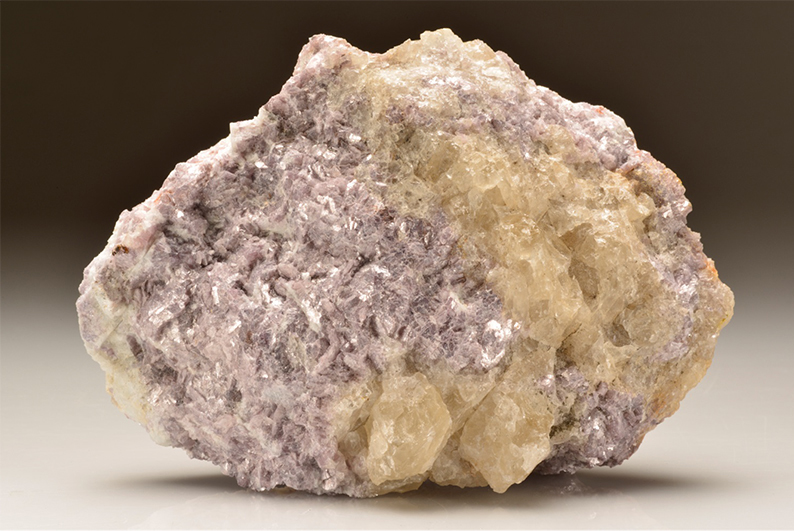Mineral profile – lithium
02/08/2016 By BGS Press
‘Mineral profile – lithium’ is a new addition to the series of BGS mineral profiles.
BGS mineral profiles present essential information on individual mineral commodities for the non-specialist user. They are not intended to be highly technical but contain sufficient detail to enable the reader to gain a broad understanding. Each profile summarises: the nature and geological occurrence of deposits; extraction and processing methods; specifications and uses; world production, trade and prices; and the situation relating to the United Kingdom.
This new addition relates to lithium, a mineral that most of us are aware of due to its use in lithium-ion batteries in our mobile phones and tablets. Lithium is also topical at the moment due to the increasing availability of electric cars, which all need batteries containing lithium. However, lithium has numerous other uses too; it is used in ceramics and glass, lubricating greases, air treatment, pharmaceuticals and optics, for example. Lithium is also unusual in that it comes from two very different sources: hard rock mining and the extraction of brine from beneath salt pans. The world’s supply is dominated by Chile (brine) and Australia (hard rock) with just six other countries producing lithium in 2015.
The following are available for interview:
- Andrew Bloodworth, Science Director Minerals and Waste, British Geological Survey
Download the Lithium profile here: https://www2.bgs.ac.uk/mineralsuk/download/mineralProfiles/lithium_profile.pdf
For additional information go to: www.bgs.ac.uk
Photographs are available from our ftp server: ftp://ftp.bgs.ac.uk/pubload/MineralsUK/Lithium_Profile/
Free for media use with this acknowledgement: British Geological Survey©NERC
The British Geological Survey
The British Geological Survey (BGS), a component body of the Natural Environment Research Council (NERC), is the nation’s principal supplier of objective, impartial and up-to-date geological expertise and information for decision making for governmental, commercial and individual users. The BGS maintains and develops the nation’s understanding of its geology to improve policy making, enhance national wealth and reduce risk. It also collaborates with the national and international scientific community in carrying out research in strategic areas, including energy and natural resources, our vulnerability to environmental change and hazards, and our general knowledge of the Earth system. More about the BGS can be found at www.bgs.ac.uk.
The Natural Environment Research Council
The Natural Environment Research Council (NERC) is the UK’s main agency for funding and managing world-class research, training and knowledge exchange in the environmental sciences. It coordinates some of the world’s most exciting research projects, tackling major issues such as climate change, food security, environmental influences on human health, the genetic make-up of life on earth, and much more. NERC receives around £300 million a year from the government’s science budget, which it uses to fund research and training in universities and its own research centres. www.nerc.ac.uk


